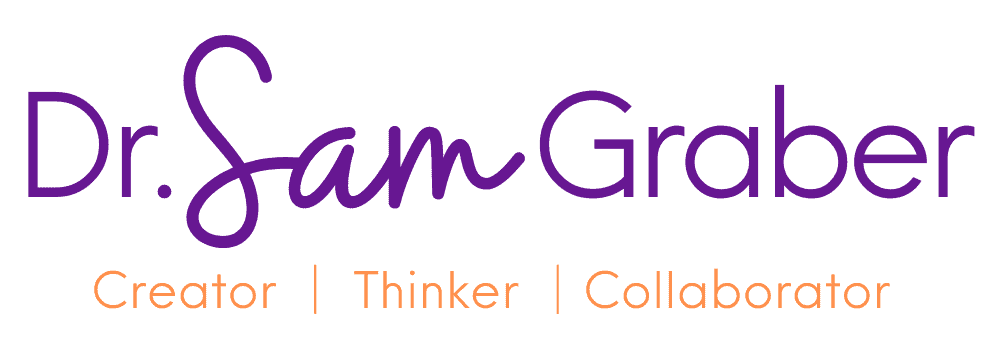
EE 067: Lower Your Stress Levels with Nutritional Ketosis
You see, stress isn’t just that feeling of pressure or anxiety when something is beyond your control. That is the form of stress we are most familiar with, as it is the easiest one to notice. But stress isn’t about the external influences (stressor), or the most obvious effects of them. Stress is an inside job. It is how we respond or react to a stressor that makes all the difference.
If we are mentally stressed, we understand that means we are doing too much, resting too little, our minds are too busy, and a lot of what we are doing is psychologically and emotionally harmful. But our bodies can be stressed too. On a physical level we can be stressed by lifting heavy weights, running, pushing ourselves to the limits.
And what stresses our bodies metabolically? Well, following suit, it is pushing our metabolism to the limit.
Our bodies are designed to extract nutrients from our food, put those nutrients into cells, and grow more, healthier cells.
To do this, we handle a delicate balance of metabolic hormones, every day. When we eat nourishing food, our stomach gets the energy from it, our gut gets the micronutrients from it, our liver and pancreas break them down, our blood carries the good stuff to the cells, and our kidneys and colon get rid of what’s left.
When working per design you’d be hard-pressed to find a more efficient system than the human digestive system.

But when we overstimulate any one aspect of this process and stress one of our organs, push it to its limit, the whole system is vulnerable to falling apart. And rarely do we overstimulate just one aspect, it is often a system-wide assault.
The modern diet, heavy in processed foods, is basically designed to create internal stress. When we eat too often, too many carbohydrates, too few fats, too few micronutrients, and too many calories, we are telling our bodies that we live in a harsh, stressful environment.
High carbohydrate diets do this, first and foremost by messing with our blood glucose. When we eat carbs, our blood glucose spikes suddenly. Too much glucose in the blood is poisonous, so we release insulin to lower it. Insulin moves the glucose into cells that derive their fuel from it, then muscles, then finally to body fat for storage when our muscles can’t take in any more. This drops our blood sugar level, making us hungry again.
On top of that, eating too many carbohydrates gets in the way of eating more nutrient-dense foods. When we make potatoes, grains, or legumes the largest portion of food on our plate, we are missing out on all sorts of beneficial vitamins, minerals, antioxidants, and lipids (fats). If instead of having two cups of cooked pasta, we had two cups of baked broccoli, sautéed kale, or raw salad greens, we would be getting hundreds of times the nutrition for a fraction of the calories.
The biochemical kicker…when we eat too many carbs we stop craving nutritious foods, and just crave more carbs.
Since the body tightly regulates blood glucose to about one teaspoon at any given time, most modern diets blow way past this amount in a few bites. This vicious cycle of hunger (and cravings) stresses our bodies beyond the breaking point over and over. Eventually, it cannot rebound as quickly, then not at all.
Big Food designs “food” (better known as Frankenfood) to be addictive and to seduce our brains with our feel good chemicals. Some of the best in the biochemistry business work for Big Food. Our primitive brains are no match.
On the other hand, a high healthy fat, very low carbohydrate diet protects us against those highs and lows in our blood sugar. This is because on a ketogenic diet we run on fats and proteins, recombined into ketones, an alternative to glucose. And to boot, when we eat a ketogenic diet we are eating more calorie-dense foods, and often fewer calories too, as we are better satiated. This leaves more space on our plates and in our stomachs for foods that don’t have many calories at all, but are loaded with nutrients.
Altogether, removing the negative carb spike cycle and adding extra nutrients gives our bodies the tools necessary to heal. These nutritious foods send a signal to our bodies that we are safe, that there is good food, and that we are living well. In turn, our bodies respond with reduced cortisol, healthier organs, and improved satiety.
This is how you lower your stress levels with nutritional ketosis. XOXO
